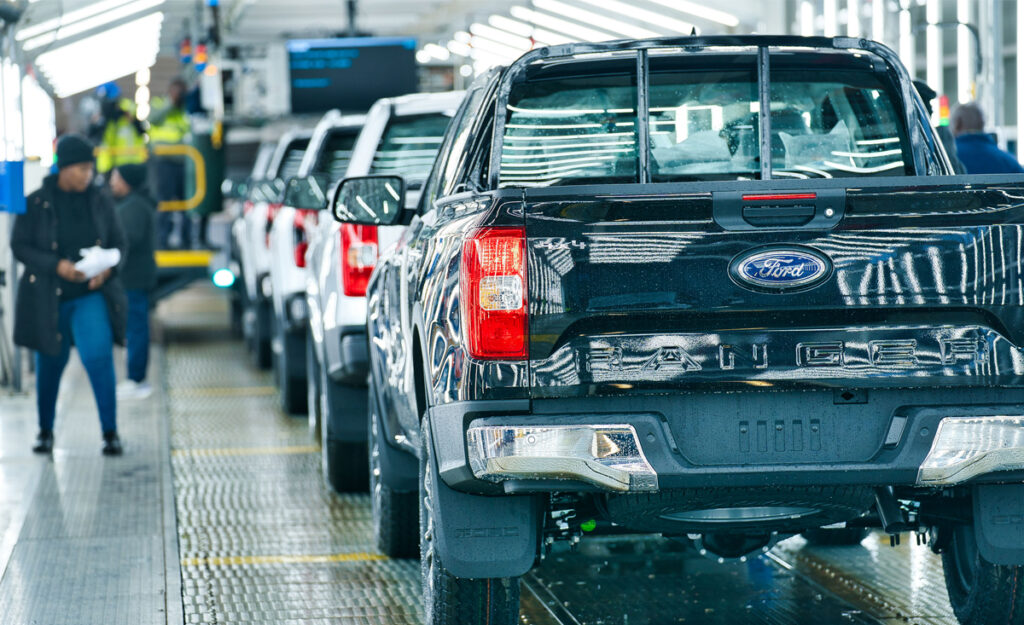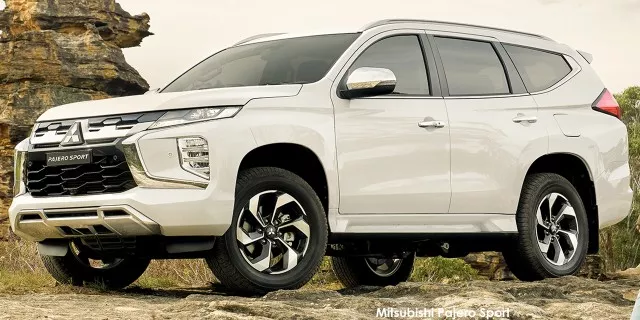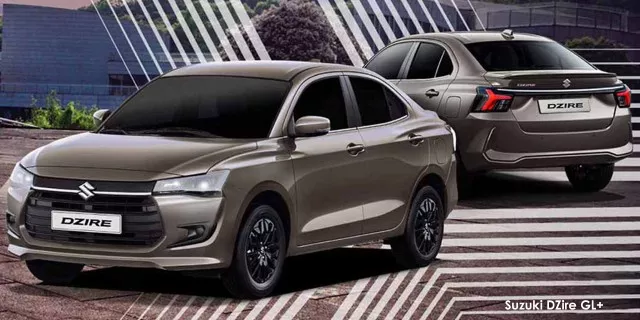
As many as 36 engines were recently stolen from Ford Motor Vehicle Company South Africa’s (FMCSA) at its Silverton factory in Pretoria, Gauteng, which are estimated to be worth a combined R1.1 million.
The theft is currently being investigated by the Hawks Serious Organised Crime Investigation unit, and four suspects have been arrested in connection with the crime, according to Pretoria Rekord.
A big haul
The engine theft allegedly involved at least four suspects aged 29 to 44, including two security personnel, a mechanical repair shop owner, and a truck driver from a courier company, said Hawks spokesperson Colonel Katlego Mogale.
It occurred at Ford’s production plant on the outskirts of Silverton in Pretoria, where the thieves loaded 36 engines onto racks in the back of a courier truck. They were then able to leave the premises without following proper FMCSA procedures, she said.
Ford reported the theft as soon as it noticed the missing units, and Hawks tracked the courier truck to Charles Leyds Street in Eersterus two kilometres away where they found a forklift and the engine racks, but the engines themselves were missing.
Two elderly people found on the premises were questioned but said that they did not know about the cargo, according to Mogale.
The four suspects were later found with what is believed to be some of the suspected stolen property, and have since been arrested on charges of possession of suspected stolen property.
They appeared in Pretoria’s Magistrate Court on July 24, 2023.
Ford South Africa said it could not provide comment on the matter as it is an ongoing police investigation.
Large-scale production
Ford’s Silverton factory represents a multi-billion-rand investment from the blue oval in South Africa.
Since 2021, the American automaker spent R15.8 billion on upgrades to its facilities in preparation for the launch of the new Ranger, and it is now capable of producing up to 720 bakkies per day.
It is one of only five places around the world where the model is made, and it also pulls double duty as one of the main production sites for the second-generation VW Amarok, which was developed alongside the Ranger in a partnership between Ford and Volkswagen, and thus shares the same platform.
As of July 2023, the plant has produced more than 33,000 bakkies, thanks to a workforce of 5,500 employees who operate on a three-shift 24-hour cycle, and a further 60,000 people are estimated to be employed at various points in the supply chain.
The automaker is constantly expanding its facilities, the most recent example being a new R22-million skid-cleaning area for its paint shop, and a R20-million Auto Scan system which analyses each vehicle as it comes off the production line for any defects that are too small to be noticed by the naked eye.









